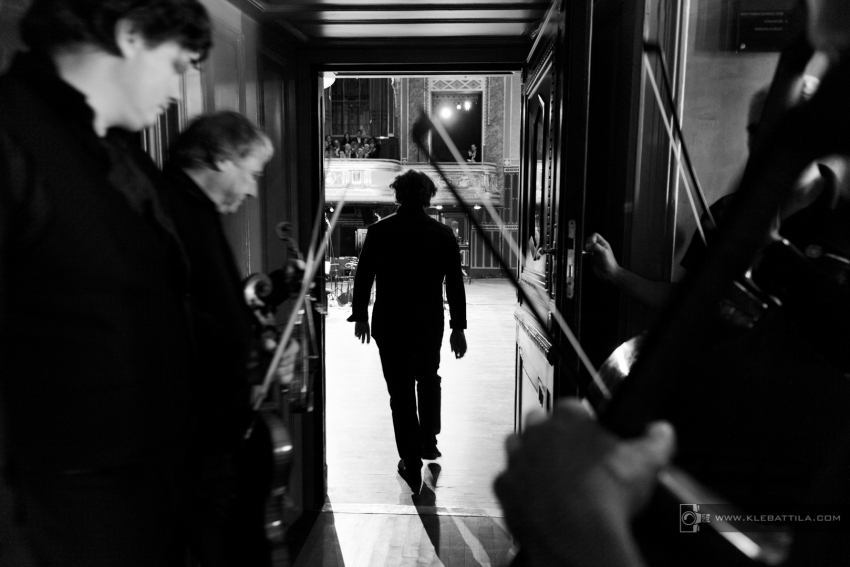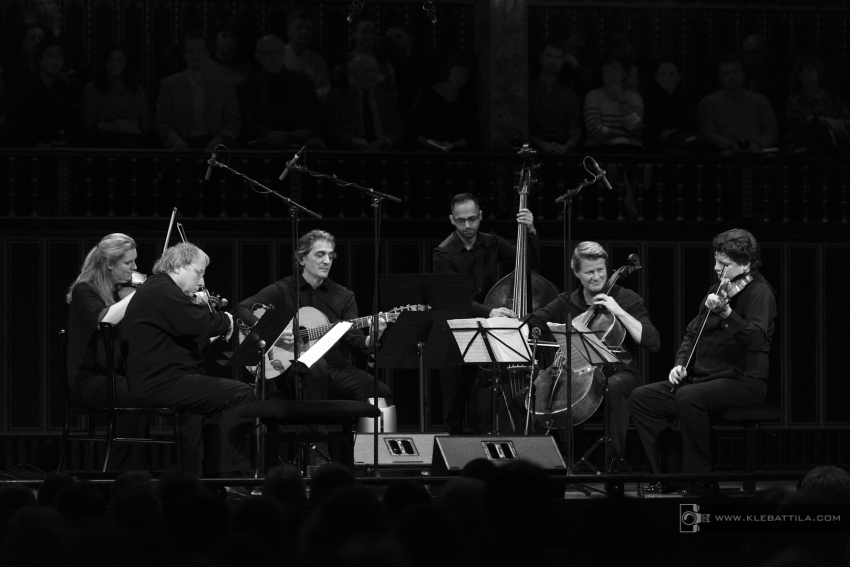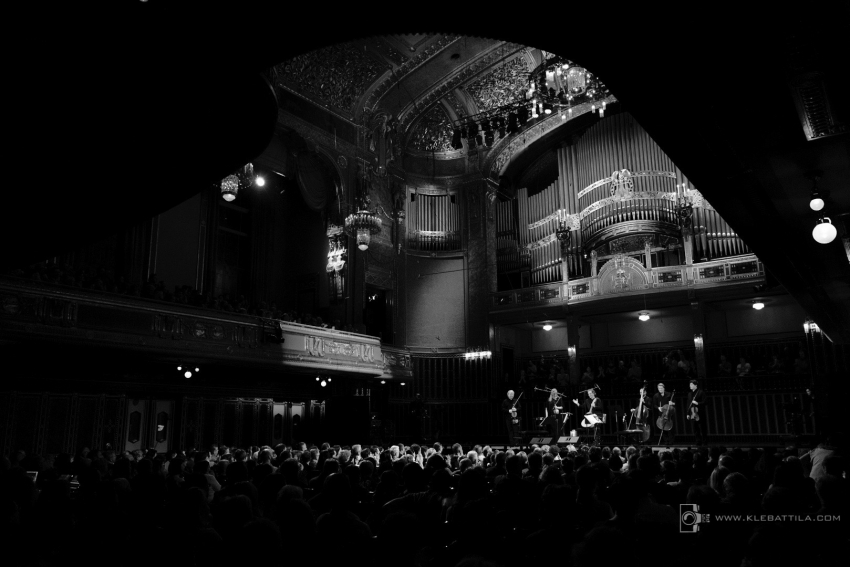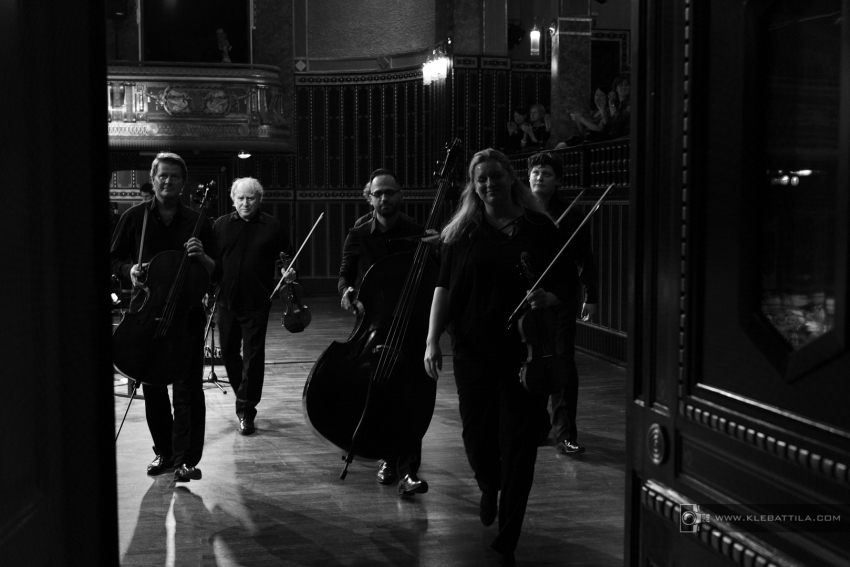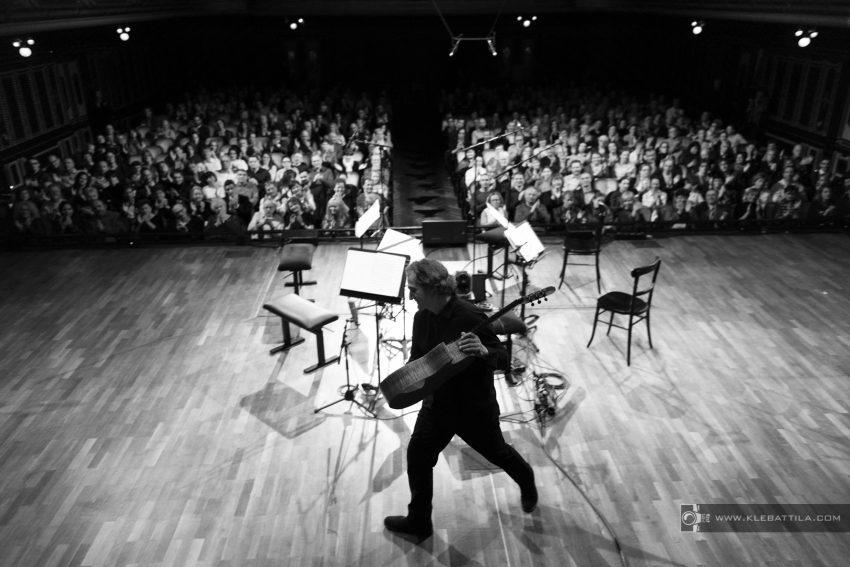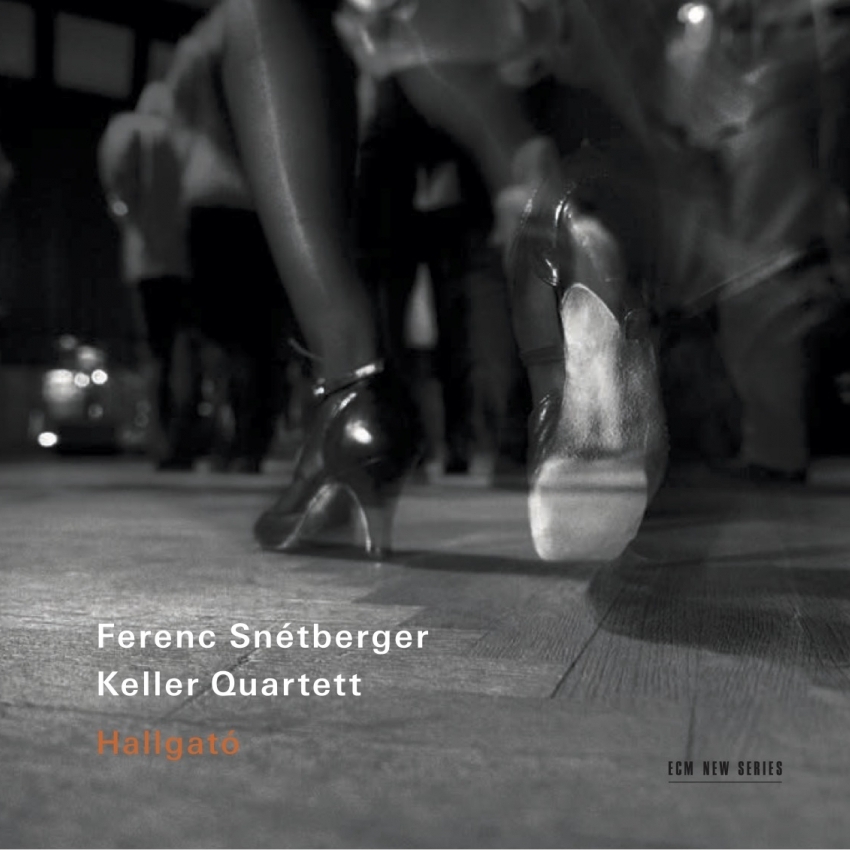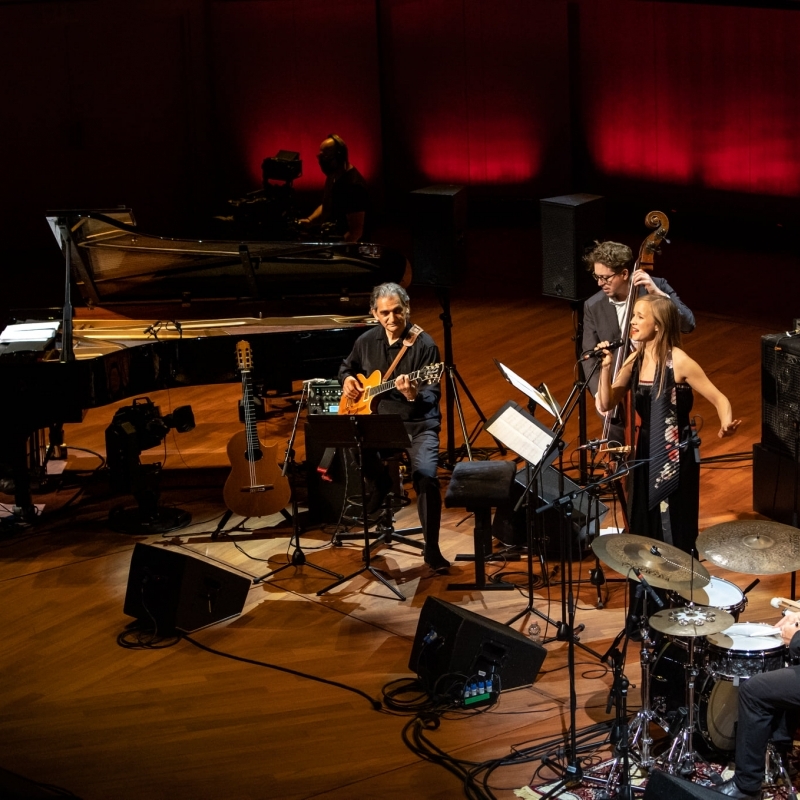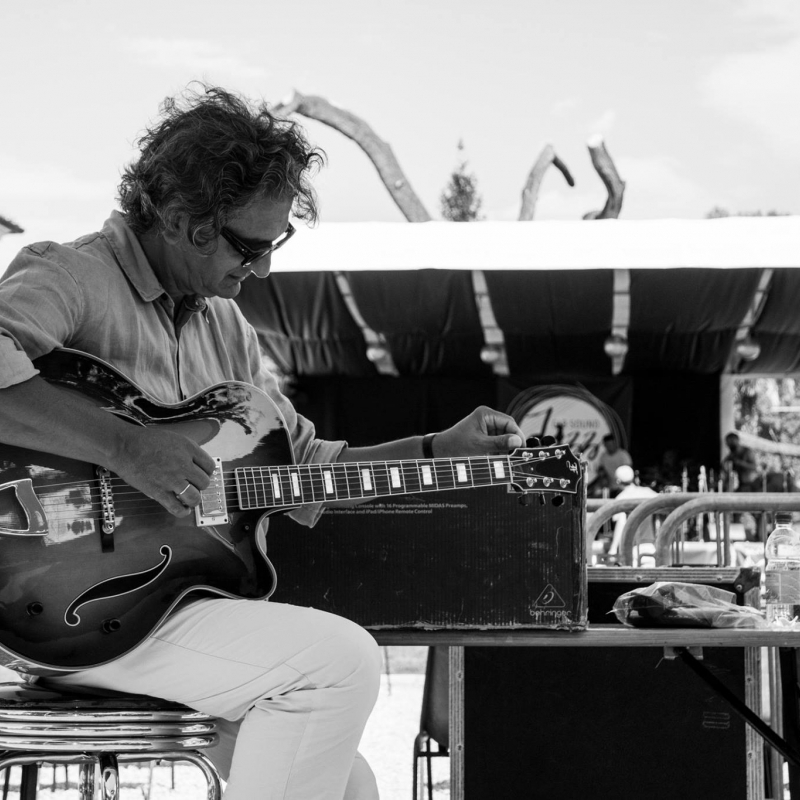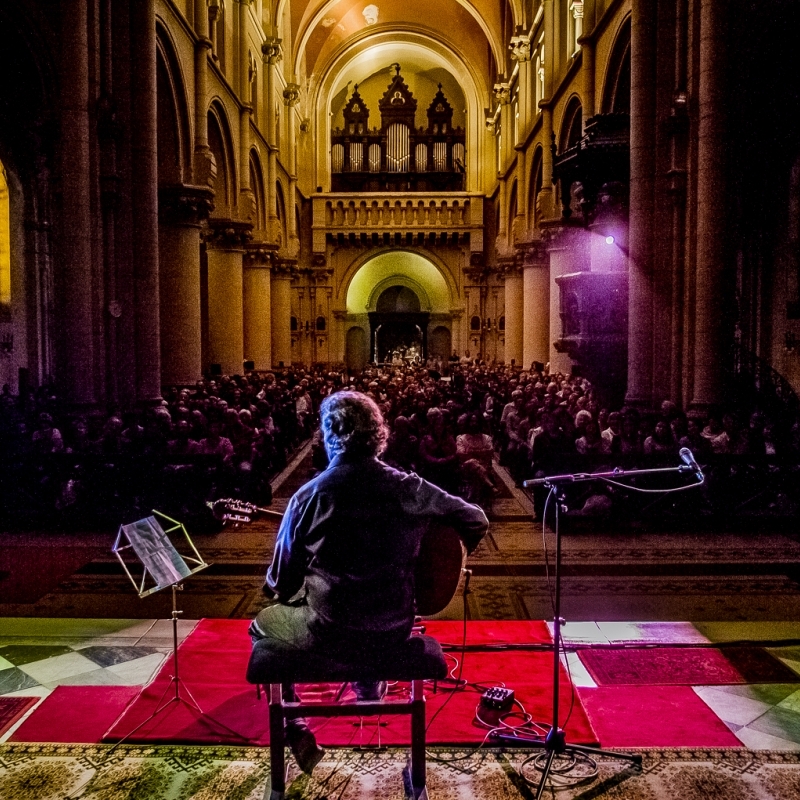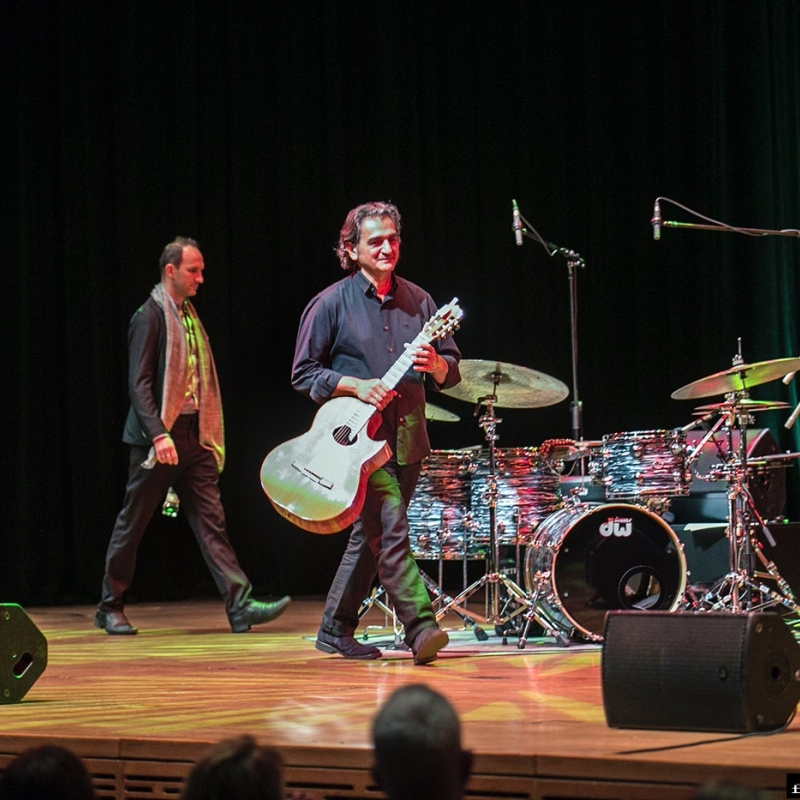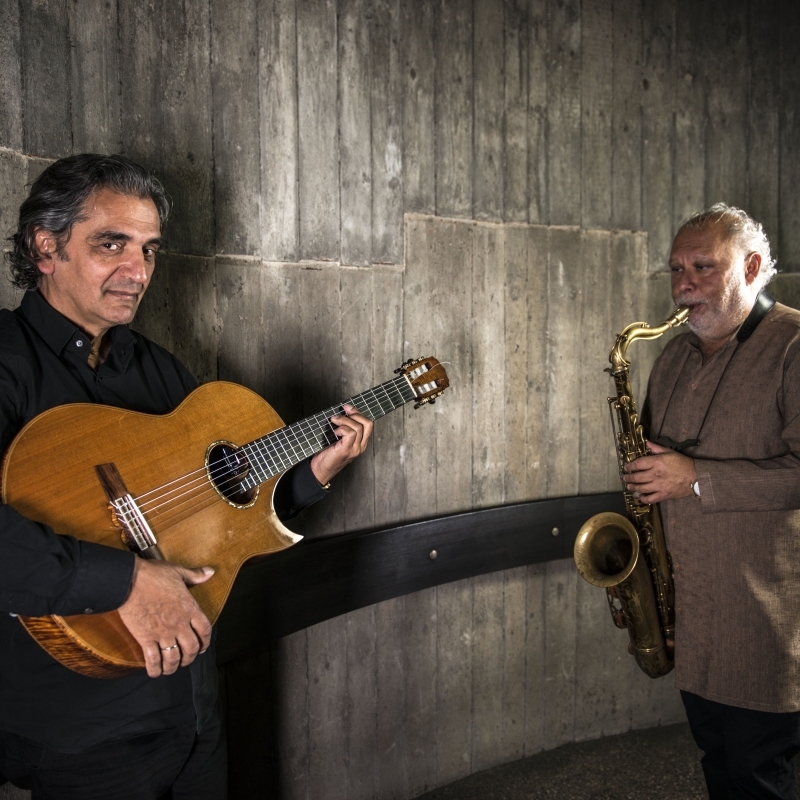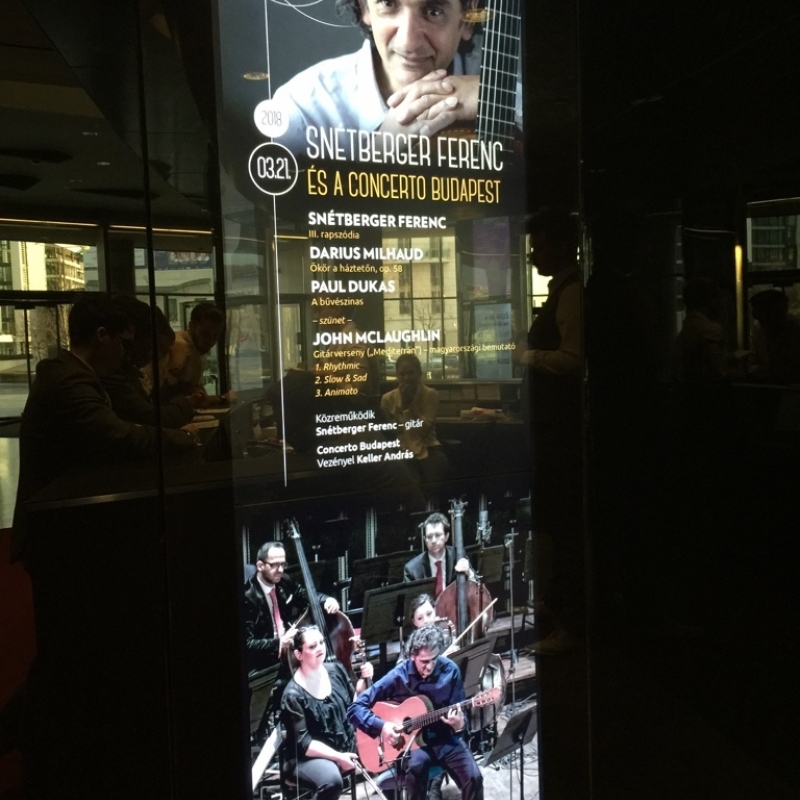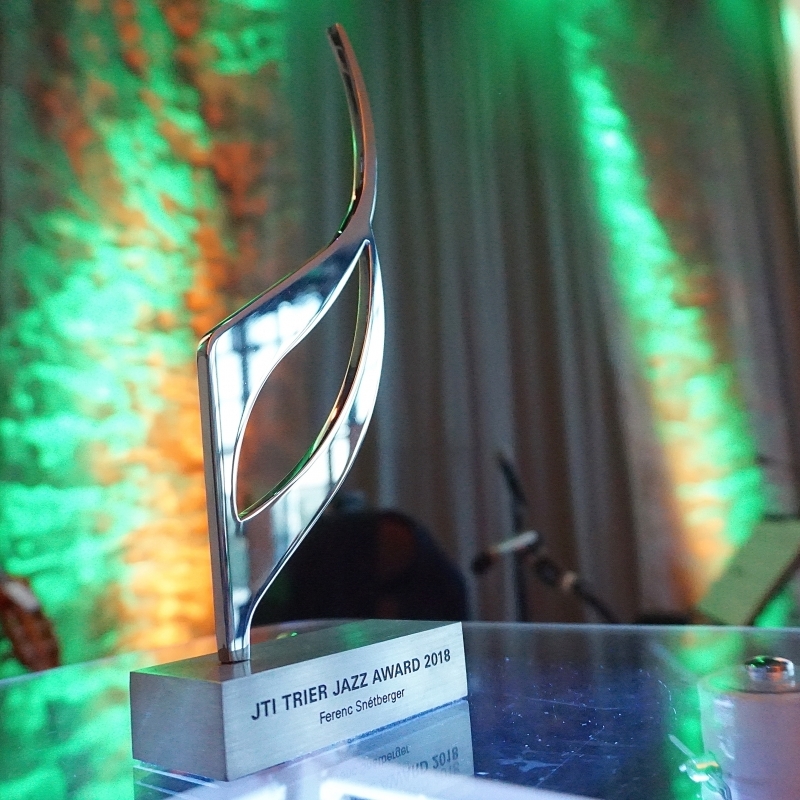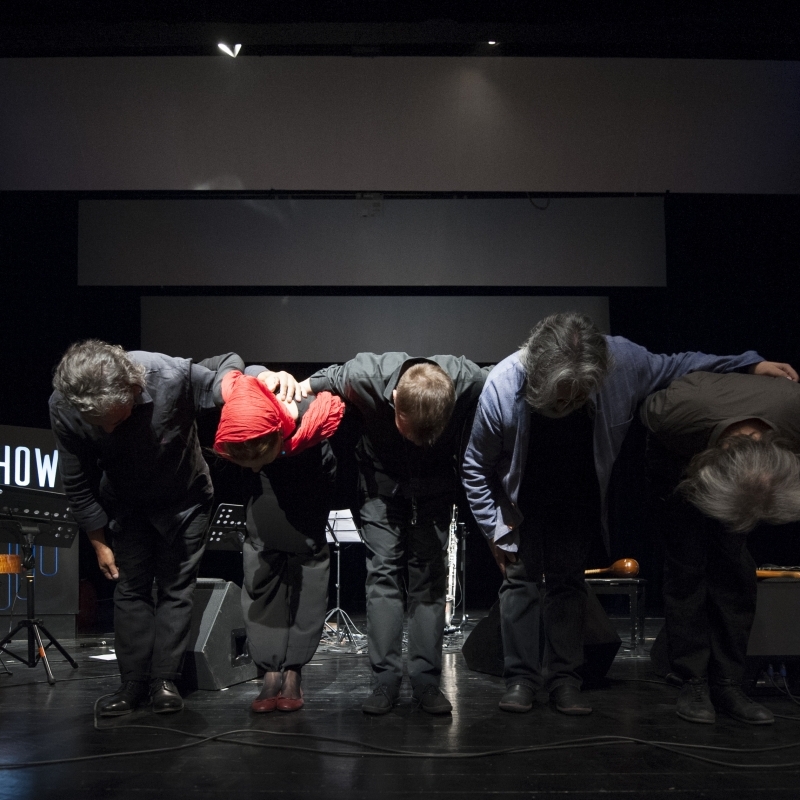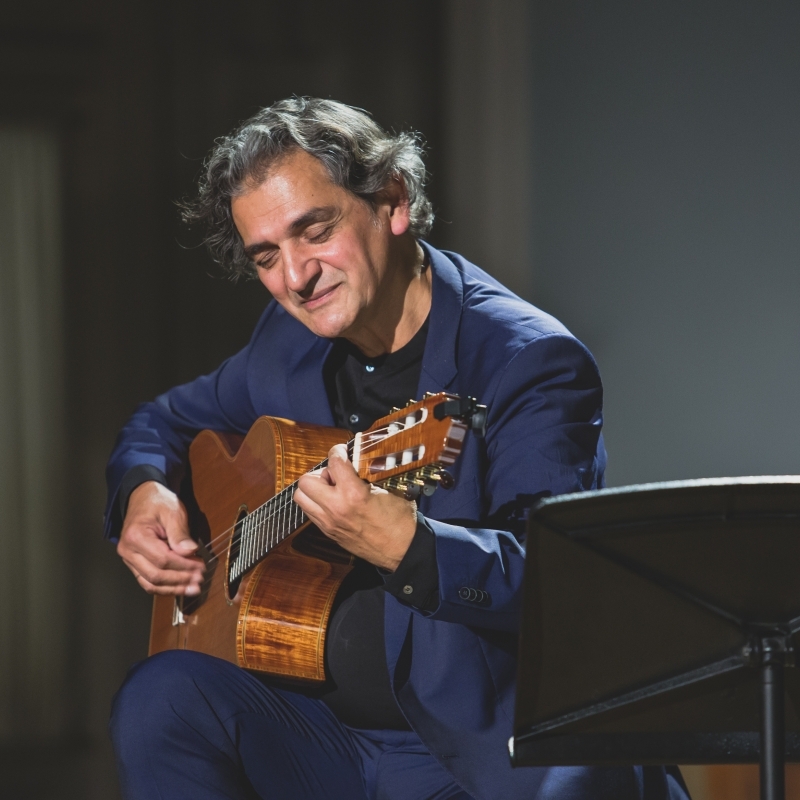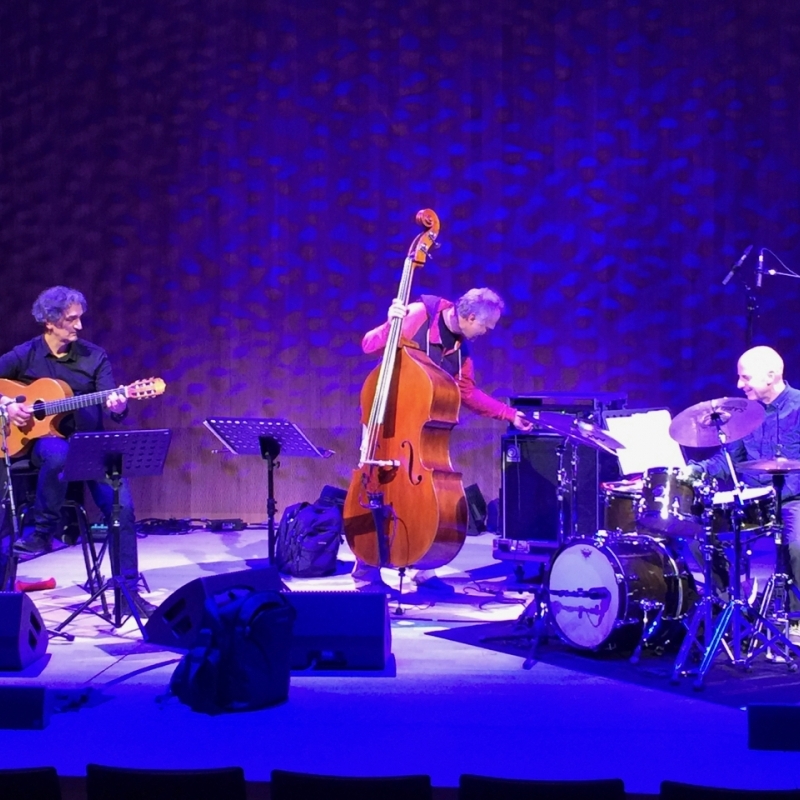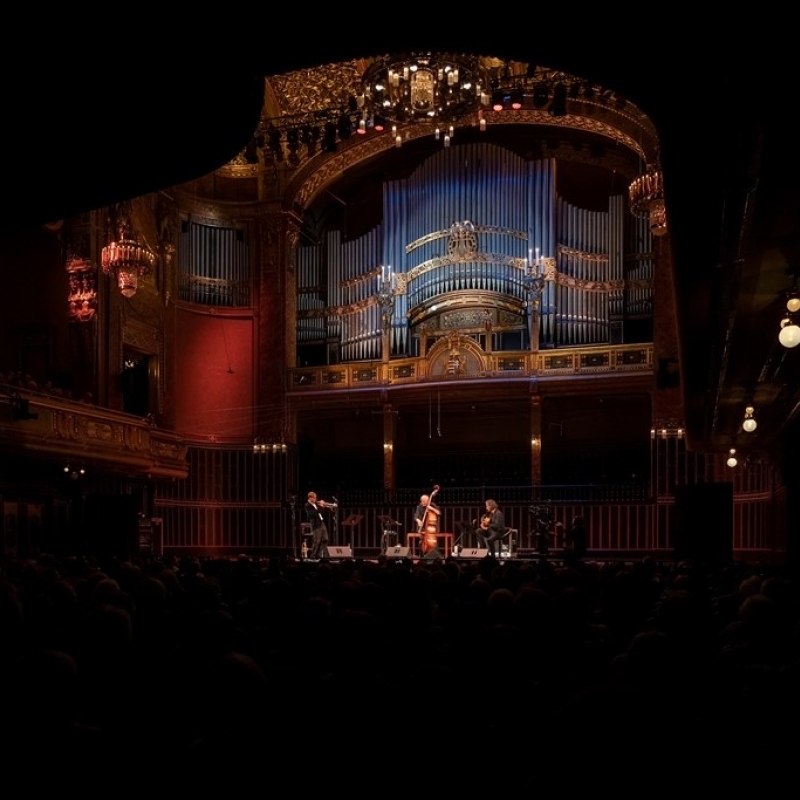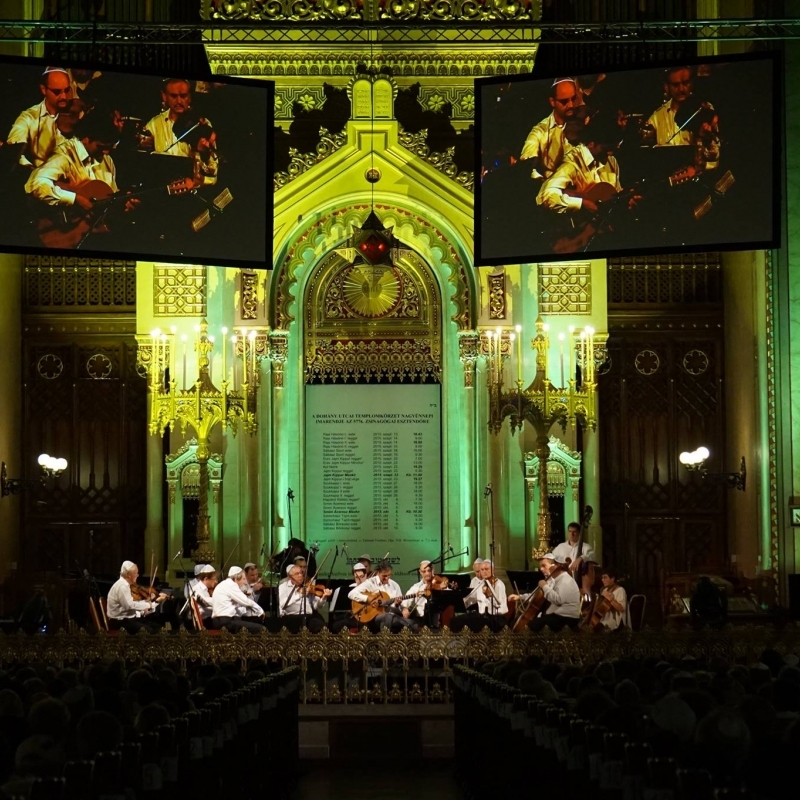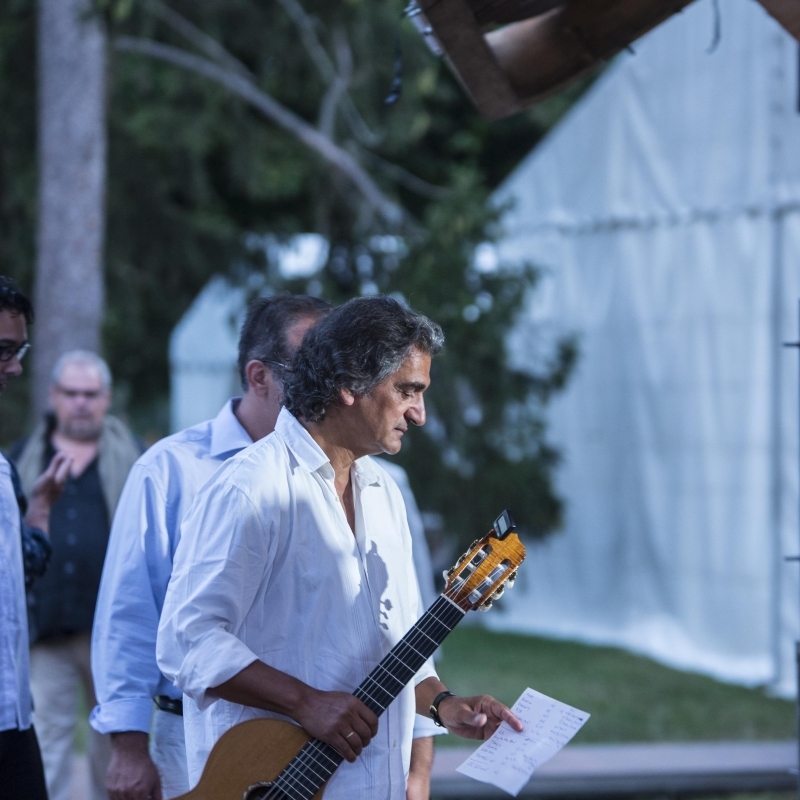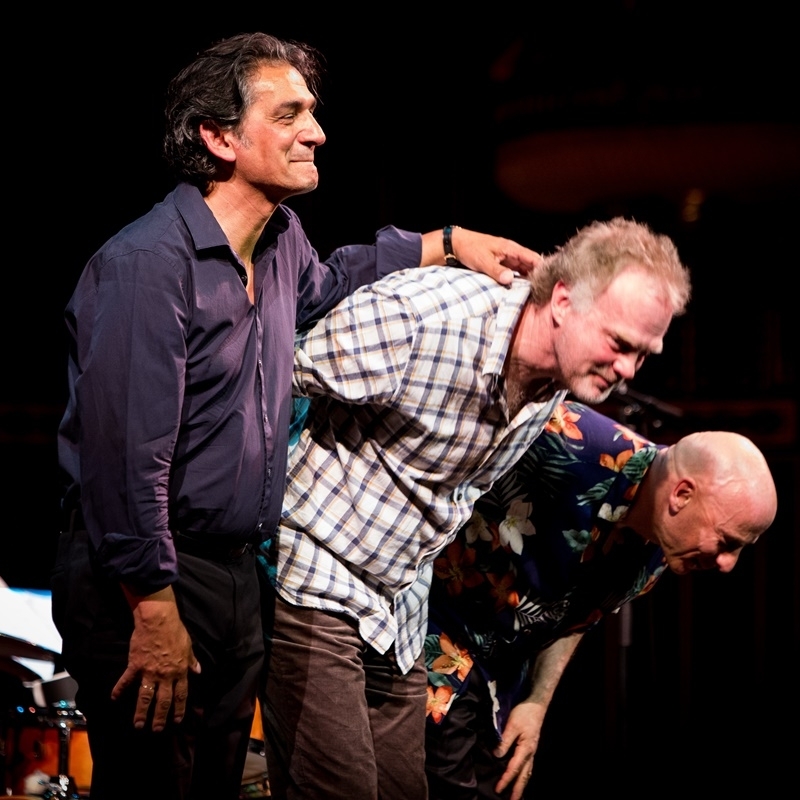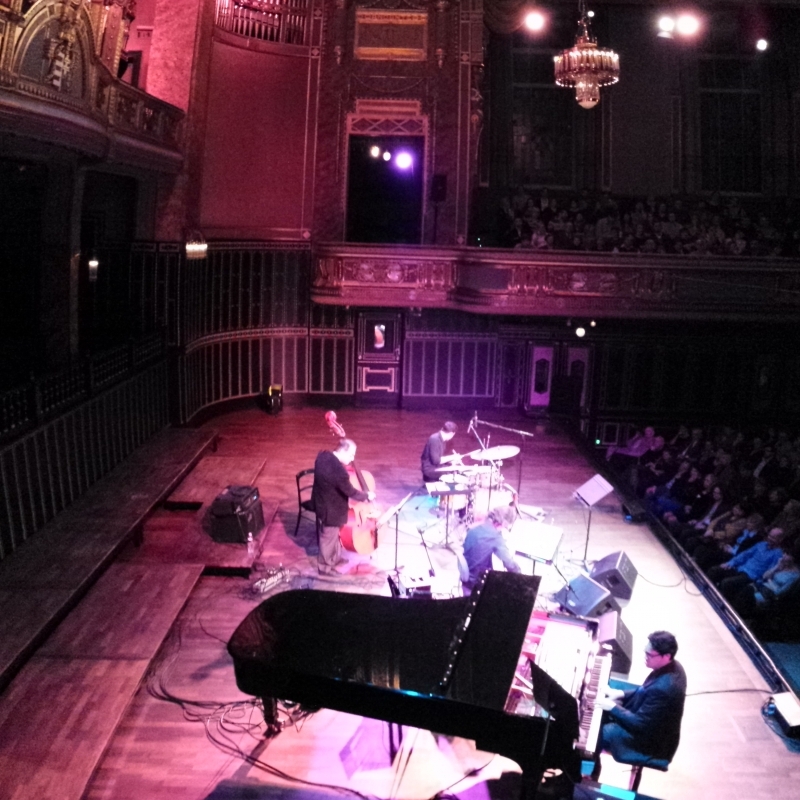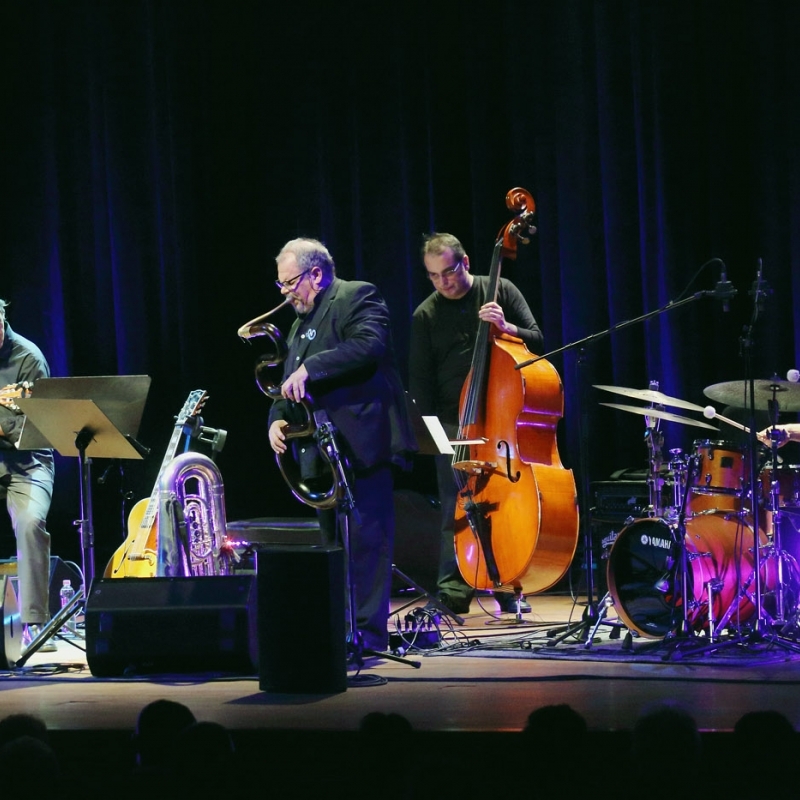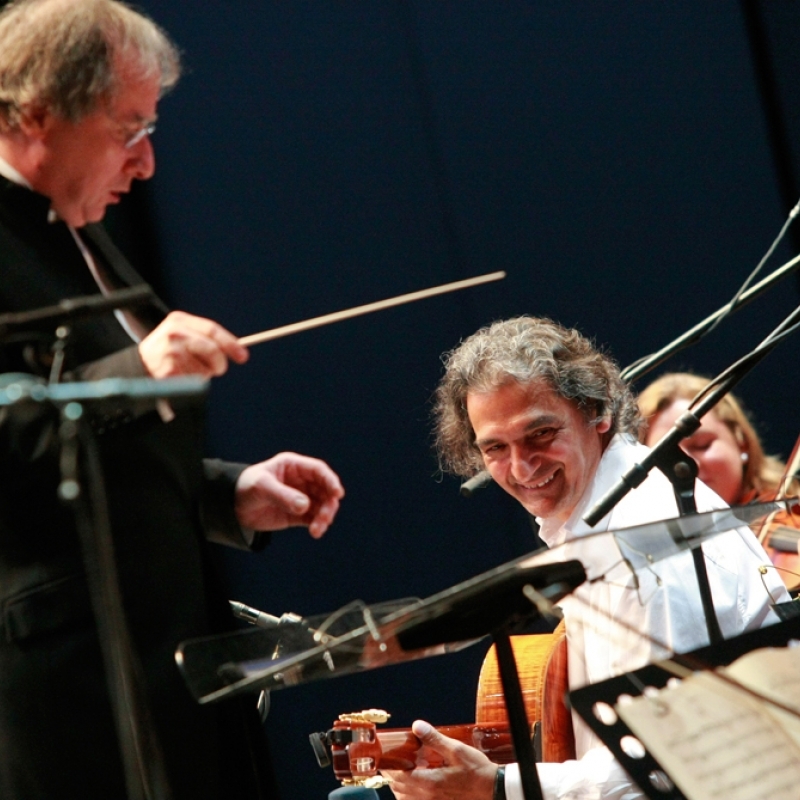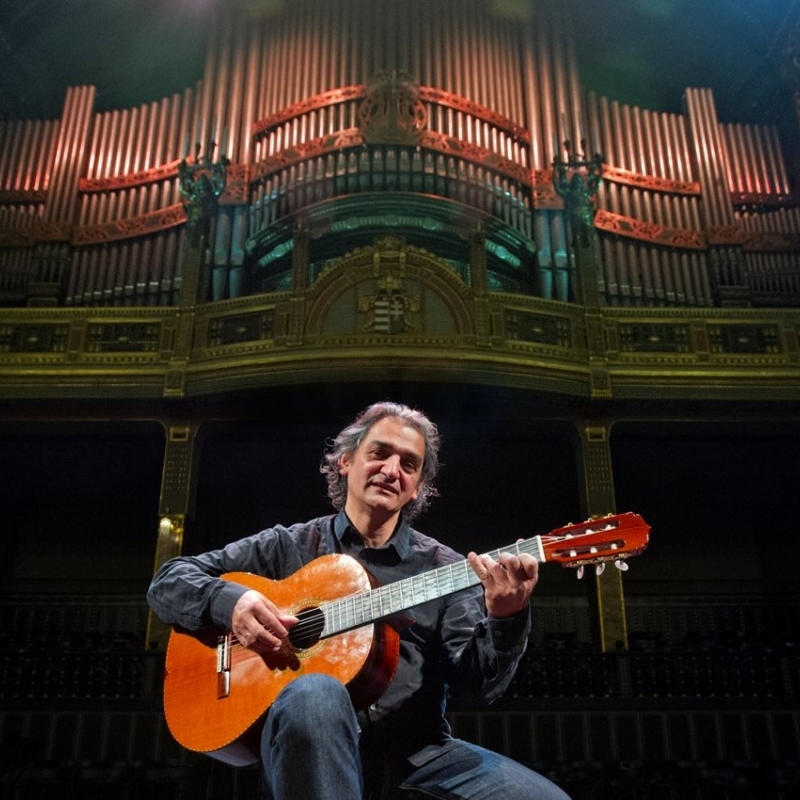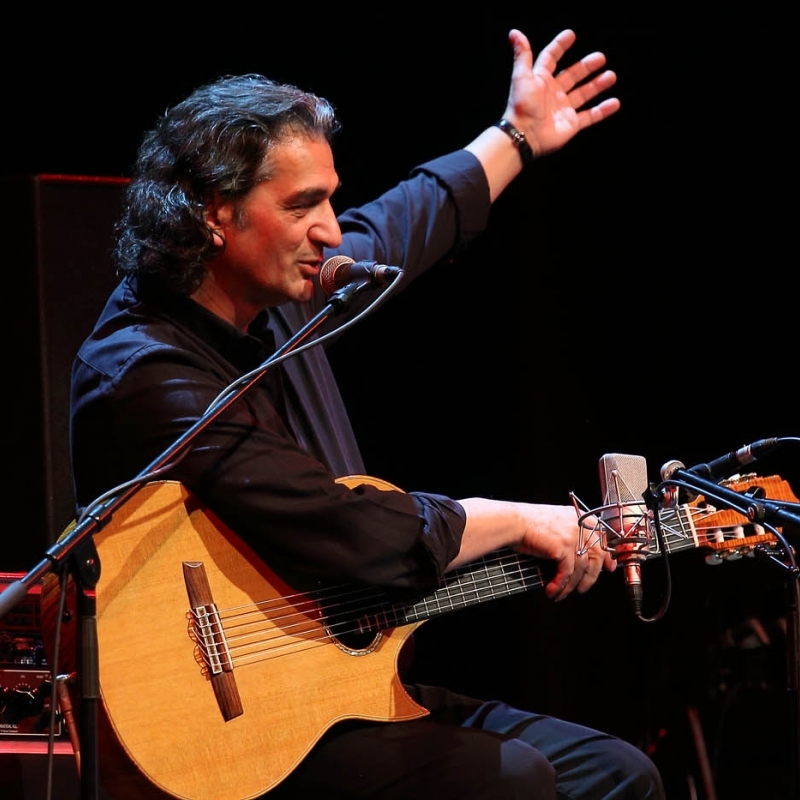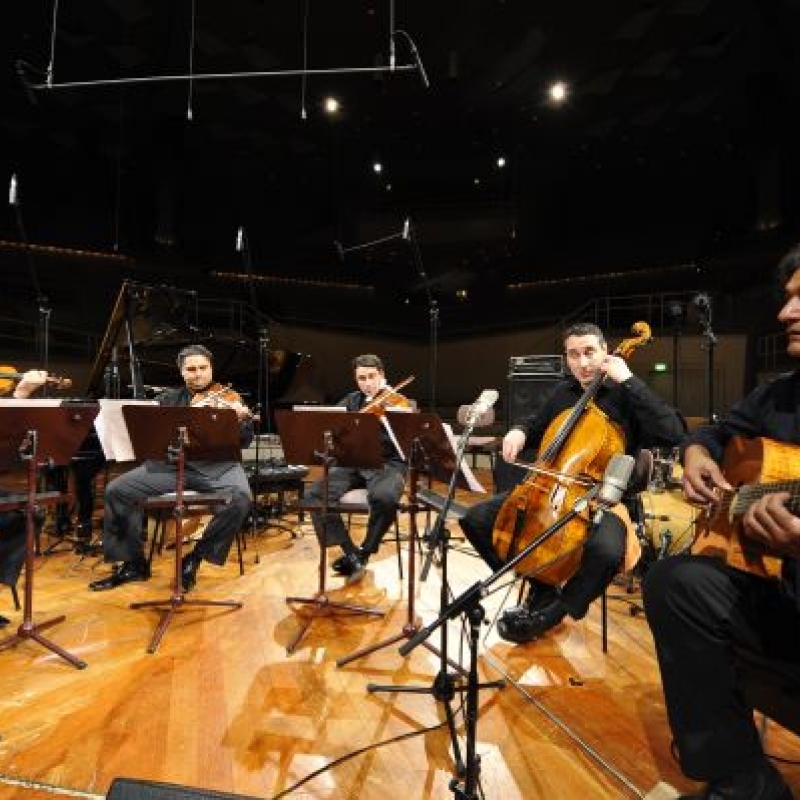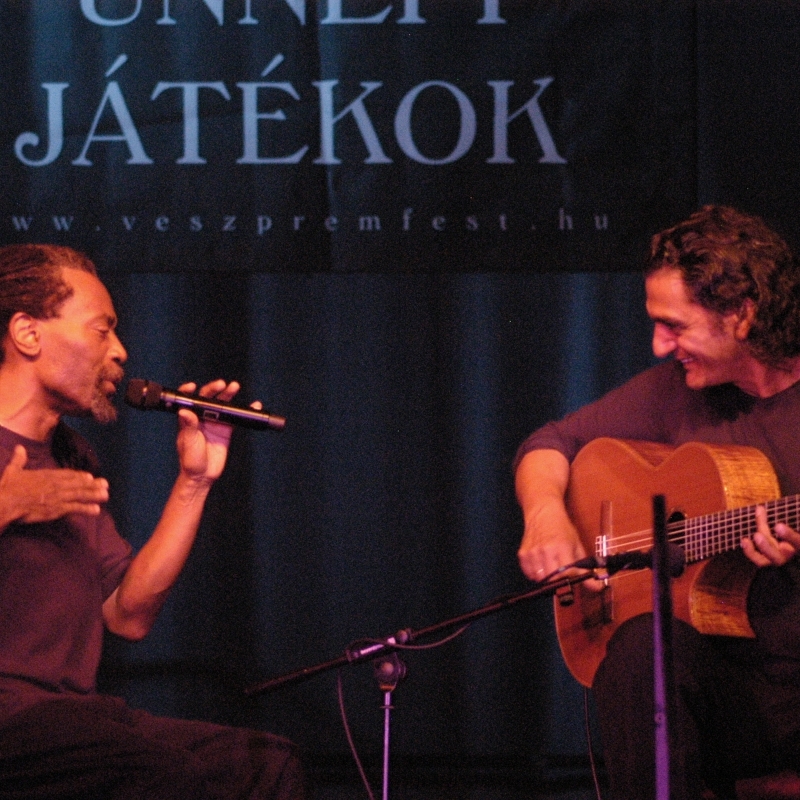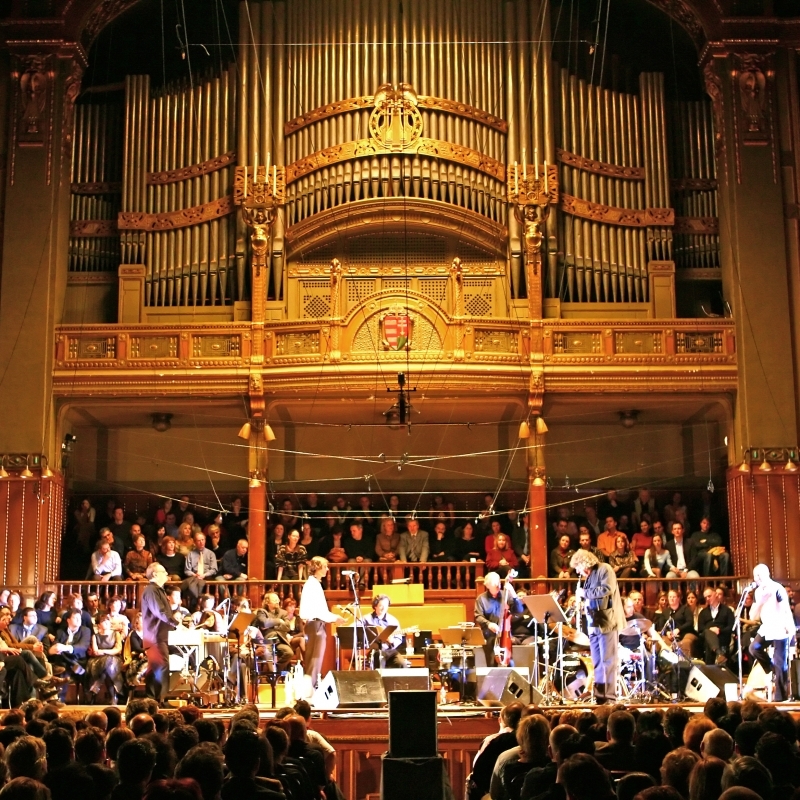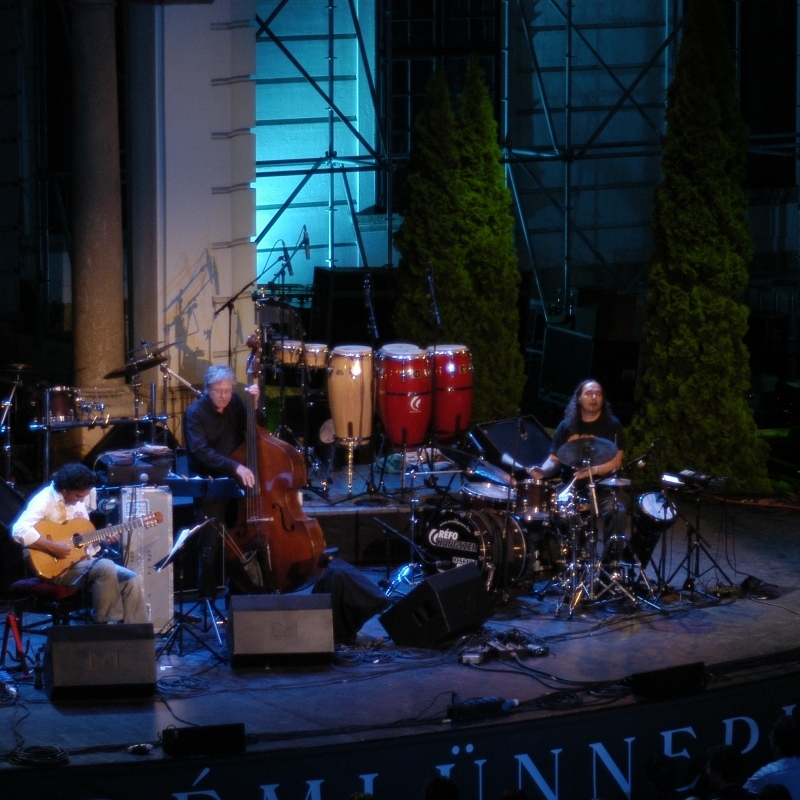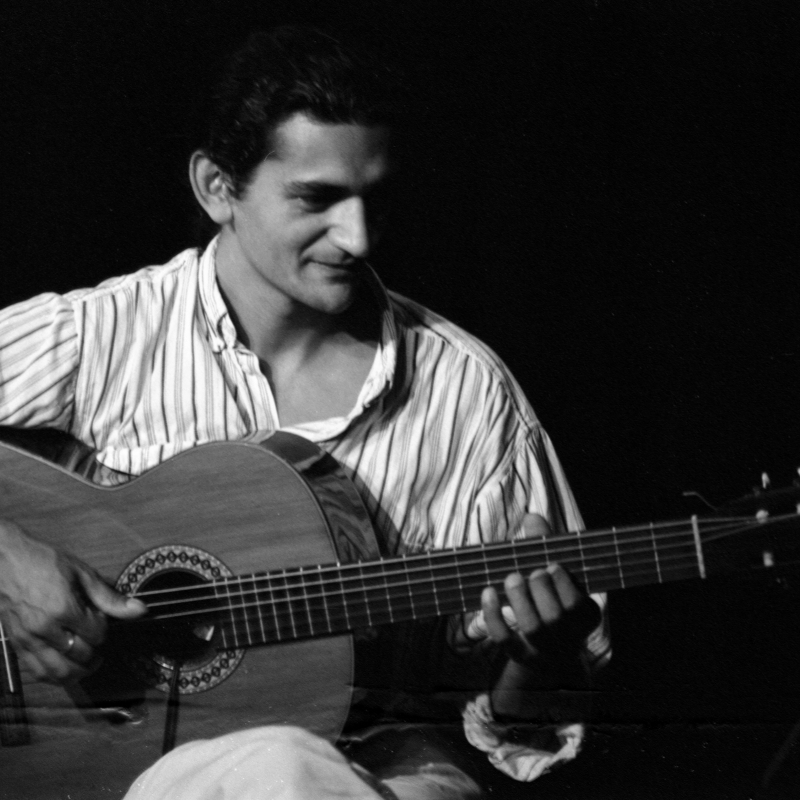Hungary
...A kompozíciós zene kötöttsége és a rögtönzés szabadsága harmonikus egységbe olvad Snétberger Ferenc zenéjében; ez az a minőség, amelynek alapján a megrendítő hanglemezt az ECM igényes kiadványai között is különleges hely illeti meg.
Magyar Nemzet, Turi Gábor
A jazznek a fényes oldala az improvizáció és a szabadság, a sötét oldala a laikusok számára az érthetetlenség és öncélúság.
A klasszikus zene fényes oldala a hagyományok tisztelete, a régi muzsikusok esszenciális dallamainak tovább őrzése, sötét oldala a dogmatikus, szabadságot nem ismerő szellemiség.
Mi történne, ha valaki képes lenne ennek a két irányzatnak a fényes oldalát elhozni és egybe gyúrni? Snétberger Ferenc zenéjében mindez egyesül. Ő a híd a klasszikus és könnyűzene (jazz) között. Hiszen olyan színvonalon improvizál, hogy nincsen párja, mélyrehatóan ismeri a klasszikus zenét, az improvizációja mindig közérthető és magával ragadó. Mind klasszikus gitárosoknak, mind jazz zenészeknek abszolút példakép. Iskolájában klasszikus zenészeket improvizációra ösztönöz és jazz zenészeket a klasszikus zenék megismerésére inspirál. Ez olyan kulturális művelet, hogy nehéz lenne kifejezni ennek a fontosságát.
Nincsenek meg benne a jazz zenészekre jellemző allűrök. Csak a mérhetetlen alázat és szerénység, ami sugárzik a lényéből, és a zenéjéből..
Snétberger Ferenc és a Keller Quartet-Quintet produkciója tökéletes bizonyítéka annak, hogy a különböző világokból érkező muzsikusok milyen jól megtudják találni a közös nevezőt. A nyitottság a jazz egyik fő jellemzője, és ha a klasszikus zene képviselői is hajlandóak kitárni a kapukat, olyan zseniális felvételek születhetnek, mint a „Hallgató”.
Egyből felismerhető, szenzitív, mégis erővel-energiával teli gitározás, minden hang szívvel-lélekkel pengetve, meleg és telt hangszínt csalva elő a hangszerből, mely a Mennyországba enged betekintést a Hallgatónak. Ezt jelenti számomra Snétberger Ferenc és művészete.
A „Hallgató” kihagyhatatlan album, szóljon és szóljon!
UK
A terrific collaboration between veteran Hungarian guitarist Ferenc Snétberger and András Keller’s string quartet that takes us through
six centuries of music – from sweet settings of John Dowland’s compositions for lute to modernist classics by Shostakovich and Samuel Barber,
alongside some darkly elegant pieces by Snétberger himself.
John Lewis, Guardian
France
De la nostalgie diffuse à la déploration accentuée, chaque partition semble investir un degré spécifique de l’affliction […] l’expression instrumentale oscille entre la légèreté de la guitare (celle, très instinctive, de Ferenc Snétberger) et la gravité du quatuor à cordes (le polyvalent Quator Keller). Les principales contributions du guitariste jazz brassent trés large mais bénéficient de solos inspirés. Elles pȃtissent du voisinage de chefs-d’œuvre du XXe siècle, le célèbre ‘8e Quatuor à cordes’, de Dimitri Chostakovitch, qui alterne désolations funestes et danses macabres, et le non moins connu ‘Adagio’, de Samuel Barber, élégie à vocation hymnique.
Pierre Gervasoni, Le Monde
Le fabuleux guitarist Ferenc Snétberger et le Keller Quartet nous ouvrent les portes de l’Academie Liszt de Budapest le temps d’un programme d’une magistrale splendeur. On y apprécie Shostakovitch avec l’émouvant ‘String Quartet n° 8’ dédie aux victims de guerre et un déchirant ‘Adagio’ de Samuel Barber. Violons, violoncelle et guitar se retrouvent sur deux pieces de John Dowland et les compositions de Ferenc Snétberger, don’t le Concerto ‘In Memory of my People’ qu’il d´die à ses ancêtres manouches et Roms. […] l’heute est à la meditation mélancolique, bercée de cordes plus sensibles que jamais.
Thierry Boillot, L’Alsace
US
Recorded live in the Grand Hall of Budapest’s Liszt Academy, ‘Hallgató’ chronicles an ongoing collaboration between guitarist Ferenc Snétberger and the Keller Quartett. The concert’s program is one of memory and mourning, referencing the Holocaust and repression in Russia and Eastern Europe under Stalin. For the guitarist, whose mother was Roma and father Sinti, a sense of collective mourning, alongside a spirit of resistance, are closely intertwined aspects of his biography and musical resources. The Keller Quartett are fellow Hungarians and prove to be estimable collaborators. […] ‘Hallgató’ is a bit hard to translate, and it has different meanings in Hungarian and Roma, but it connotes a sense of listening. This release certainly invites listening, preferably many times, to savor its exhortation to remember.
Christian Carey, Sequenza 21
apple music has „Hallgató“ as one of the 10 must hears Classical Albums of the month declared
„An album of palpable sincerity and intense emotion.“
apple music editors notes, March 21
The music of Snétberger‘s In Memory of My People is infused with the spirit of the composer‘s own Romani background. Snétberger’s intensely emotional composition depicts in three movements the harrowing, moving and ultimately inspiring journey of the Roma people, whose valiant struggles, heroic survival, and noble triumph throughout centuries of persecution are relived in music at times blunt and fretful, at others profoundly sad , and all throughout melodically tonal, harmonically inventive, and open to the asperities of atonality without fully embracing that sonic world. Above all this is music that moves the listener as it reminds one of the vicissitudes of Snétberger’s paternal and maternal ancestors.(...)In Ferenc Snétberger’s artistry there is a strongly compelling quality – call it Romani melancholy if one must – that touches deeply the hearts of listeners. If the reader doubts my words just sit and listen to Your Smile, Snétberger’s musical musing on love.
Germany
Es ist der Gitarrist Ferenc Snétberger, Sohn einer Romni und eines Sinto, der ein ungewöhnliches Programm mit einer in sich schon heterogenen Eigenkomposition eröffnet, in der ihm alsbald ein Streichquartett – das ungarische Keller Quartett, zurzeit bestehend aus András Keller, Zsófia Környei, Gabor Homoki und László Fenyő – und der Kontrabassist Gyula Lázár beispringen. Das für das kleine Ensemble transkribierte Concerto für Gitarre und Orchester ‘In Memory of My People’ ist eine kuriose Melange aus Elementen des Impressionismus, des Jazz und der Folklore in drei Sätzen. […] Die Zusammenstellung des Konzerts geht zurück in der Musikgeschichte, um dann schrittweise wieder zur Gegenwart zurück zu kehren. […] Der Hörer (!) hat mit dieser Aufnahme ein ungetrübtes, wenngleich elegisches Vergnügen.
Thomas Rothschild, Kultura extra
Der Geist des ‘Memory’-Konzertes durchweht das ganze Programm, Relfektionen einer Melancholie, die an die unerträgliche Schönheit von Celan-Gedichten erinnern kann. Es ist ein großes Threnos, ein Memento aus Klage und Anklage, aus Aufstand und Widerstand, aus Blumen in Gewehrläufen, aus Heimatlosigkeit und Heimatsuche, und dem Leiden unterdrückter Minderheiten. Und Ferenc Snétbergers Gitarre erspielt den Trost zu alledem.
Alexander Schmitz, Jazzpodium
Italy
Il CD fornisce un ideale complemento ai due lavori precedenti del chitarrista per letichetta, documentandone esclusivamente laspetto classico (e come tale viene pubblicato nella New Series), mentre Titok era un lavoro per trio jazz e In Concert un recital solistico che riassume tutte le influenze che hanno contribuito al suo sviluppo come strumentista e compositore in una sintesi di diversi generi musicali. Va ricordato anche il Keller Quartett, coprotagonista dellalbum, che si conferma una formazione da camera di altissimo livello, degna erede della ricchissima tradizione musicale ungherese.
All About Jazz, Mario Calvitti | 2021. 02.18
